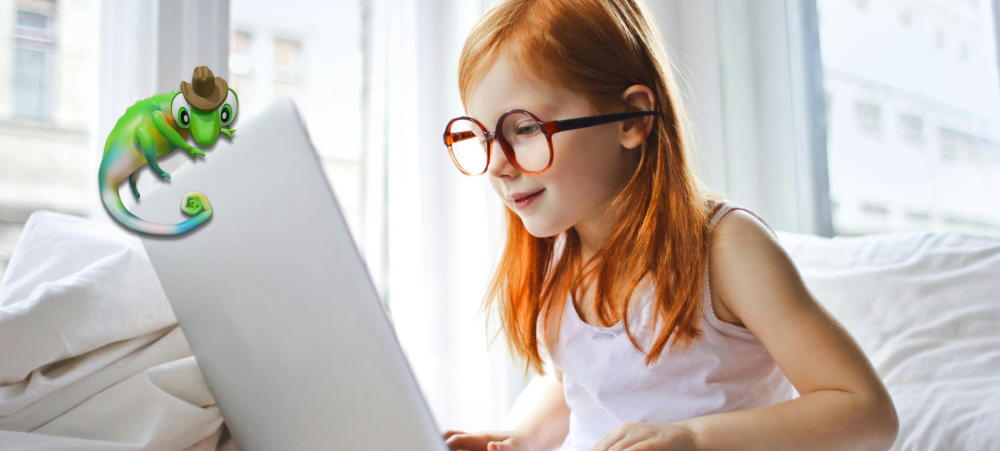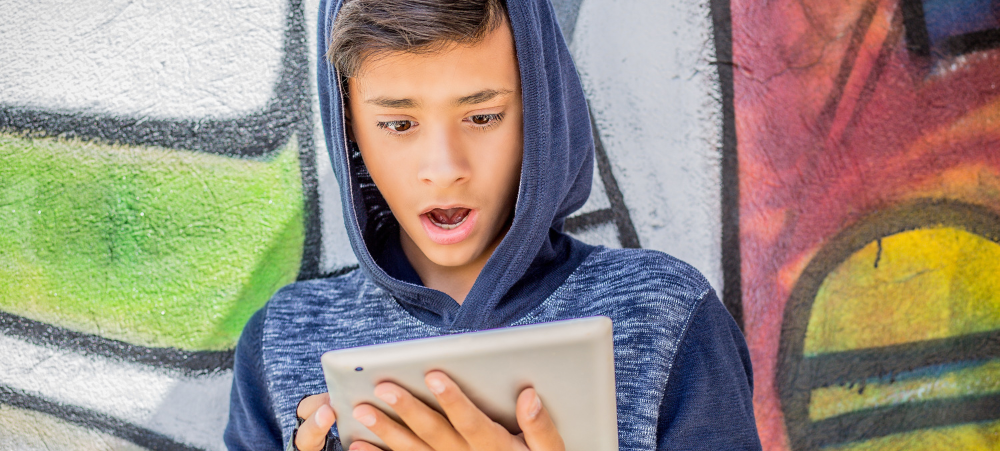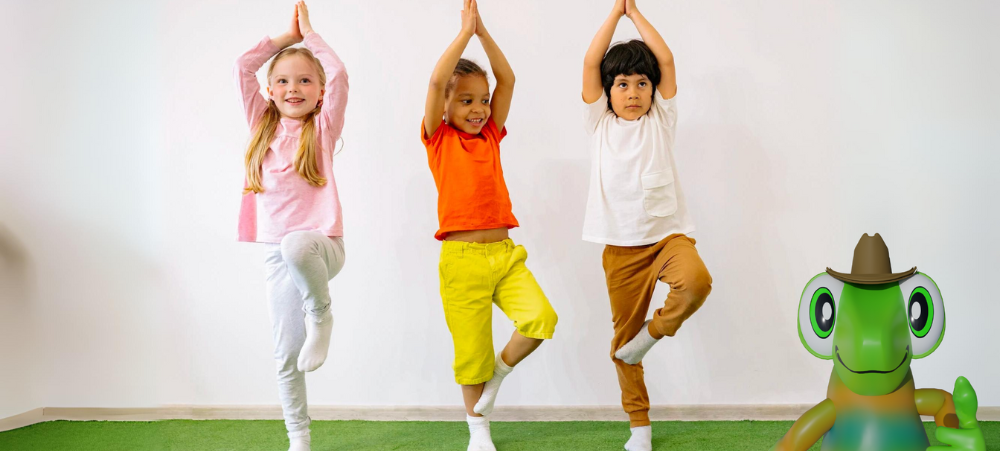It may feel at times that age restrictions are simply suggestions, however when it comes to the safety of our children online, it’s probably best to pay attention.
Age restrictions are in place for a reason, every parent or guardian knows their child best, pushing the limits within reason with your consent. Every parent has the right to decide for their own child. You know your child better than anyone. However, when it comes to social media, you can’t control the world.
We’ve all experienced it. Social media can send you to strange and wonderful places. The videos can entertain and memorise you. We’ve all fallen victim to the social media scroll.
When it comes to our children, the average age restriction for social media is 13.
Legally it is 16 for WhatsApp, a channel frequently used by younger children to communicate. This also happens to be a platform where cyberbullying is gaining momentum.
No, we can’t rely on the actual platforms to enforce this at log-in. Although it can be argued that it is their responsibility. This age limit comes from US legislation from 1998 which banned the collection of children’s personal data without parental consent. For many parents, schools and cyber safety experts, this minimum age has become a benchmark.
The truth is social media can be toxic. Young children have not yet developed their emotional intelligence to filter out certain content, to read between the lines and to interpret information with a critical eye. Allowing children to access these platforms exposes them to an array of people, places, and situations. All of which you cannot control.
The risks are real.
The University of Syndey has cited the below to be major risks.
- Risks include being exposed to online bullying and harassment.
- They can be exposed to misinformation and inappropriate content.
- Master manipulators can set into gear their sexual grooming.
- Youngsters are the most vulnerable to privacy breaches.
- Children enjoy the freedom that social sites give them, making them feel older than they are, this leads to excessive use, leading to addictive tendencies.
Academic studies claim there are links between social media and poor mental health and low self-esteem. Despite there being no correlation between excessive social media use and poor self-esteem, we cannot ascertain a direct causation. It’s important to note that should a young person already experience low self-esteem and depression they will tend to use social media significantly more than others.
Emotional intelligence
Emotional intelligence is not the ability to understand the difference between happy or sad, like or angry! It’s the ability to manage both your own emotions and understand the emotions of people around you. There are five key elements to consider before you ignore that age restriction:
- Self-awareness
- Self-regulation
- Motivation
- Empathy
- Social skills
Every year we see significant changes to our children’s behaviour, and in the blink of an eye, we start to notice a big change that has happened in front of our eyes. Let’s give them the time they need to be kids.
We’re not saying social media is all bad, it’s a great place to deepen relationships, learn and grow and can be used for positive reinforcement offering great well-being insights and motivation. We’re saying, our children should explore this space when they are ready and equipped to face this world.
Refer: https://www.kubbco.com/blog/13-positive-effects-of-social-media-on-our-society-today
https://www.facebook.com/share/p/eCCSreSzMCsd8758/?mibextid=2JQ9oc
lurk online. Join Codey Crawler as he helps to guide our children through the digital world
they play and learn in. Codey will give children aged 7 to 11 years old the confidence and
guidance to surf the net, know their rights and handle uncomfortable situations before their tweens. Register today and have access to 5 pre-recorded adventures that tackle cyberbullying, being SMART online and spotting fake news, to name a few. Detailed parental guides are shared to help Mom and Dad make the right decisions. Children will need to complete
activities to have a global surfer badge and certificate.
- Age restrictions, are they purely suggestions when it comes to social media? - March 27, 2024
- Digital Safety: developing healthy digital habits at a young age - March 6, 2024
- Finding the perfect balance between screens - January 11, 2024






2 thoughts on “Age restrictions, are they purely suggestions when it comes to social media?”
I didn’t think this applied to me as my 7 year old is very sheltered. She has a phone with no SIM and has been allowed to use YouTube with wi-fi and I check on her content regularly. What surprised me the most was the types of ads that come on during. Definitely going to be taking more precautions.
this article has really opened my eyed.social media is even dangerous for adults, what more of children. let us protect our kids with tough love and take away those phones till they reach the appropriate age